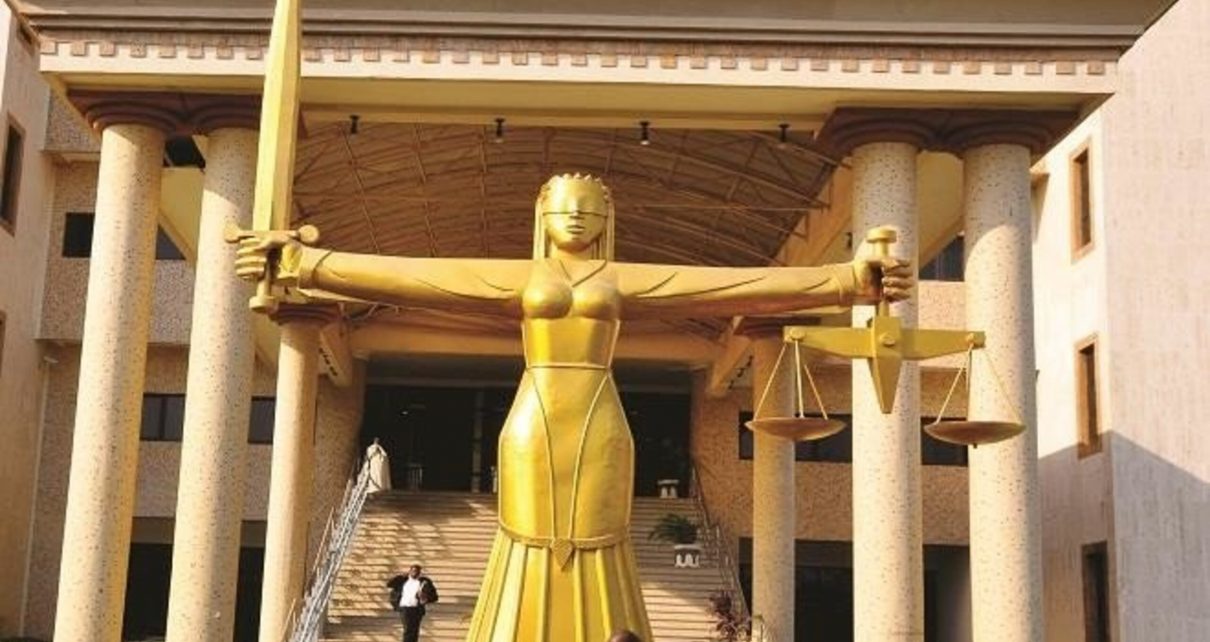A Federal High Court judge ruled on Thursday that all trials of terrorism cases in Nigeria will henceforth be held in camera.
In a statement titled “new practice directions on hearing of terrorism cases”, Justice John Terhemba Tsoho also said coverage of any part of such proceedings would be prohibited.
He said the new ruling was designed to ensure the security and safety of all parties and members of the public and to ensure fair trials.
Separately, the leader of a banned separatist movement charged with terrorism offences filed a suit alleging that he cannot be tried because he was illegally extradited from Kenya, court papers showed.
Nnamdi Kanu, leader of the Indigenous People of Biafra (IPOB) group, disappeared from Nigeria after skipping bail in 2017.
He was arrested after years on the run. His lawyer said last year he was mistreated in detention in Kenya before being returned to Nigeria. The Kenyan high commissioner has denied his country’s involvement.
Kanu’s lead lawyer, Mike Ozekhome, on Thursday said that he cannot be tried on charges of terrorism and knowingly broadcasting falsehoods because he was not surrendered to Nigeria based on those charges.
Ozekhome is asking the court to declare his detention illegal. The suit is also claiming 50 billion Naira ($120 million) in damages and 100 million Naira in legal costs.
Another court is expected to rule on Friday on the merit of the 15-count charge filed against Kanu, which could terminate the trial if the judge agrees with his defence.
Kanu, who is a British citizen, has pleaded not guilty to all charges. read more
IPOB, which Kanu founded in 2014, is pressing for the secession of the Igbo ethnic group’s homeland, which covers part of southeast Nigeria. Authorities view IPOB as a terrorist group. IPOB says it wants to achieve independence through non-violent means. (REUTERS)



